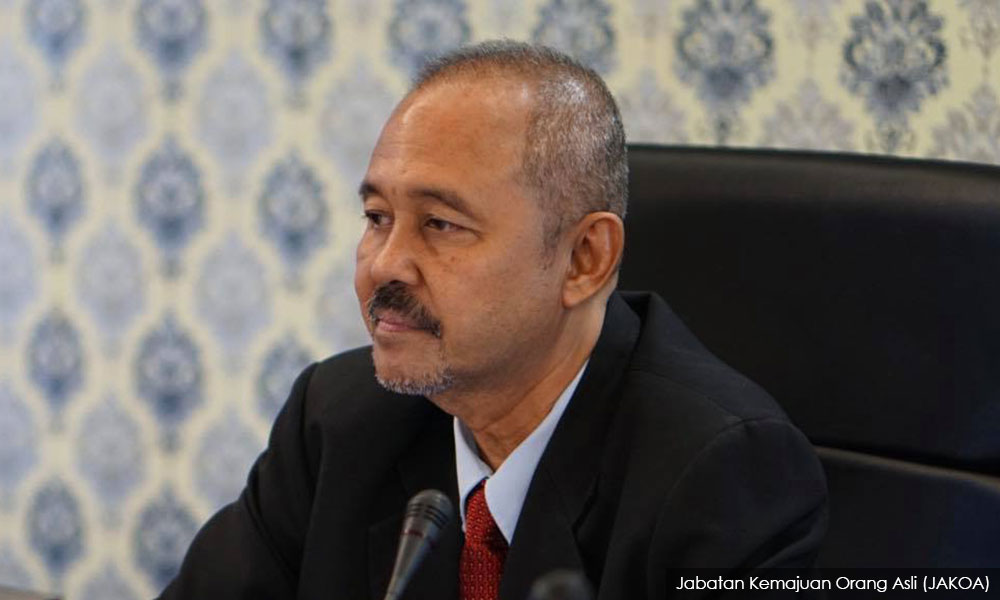
The new director-general of the Orang Asli Affairs Department is under no illusions about the size of the task ahead of him.
Even if Juli Edo had been, the tragic deaths of 15 Orang Asli villagers in Kampung Kuala Koh in Gua Musang, Kelantan, have brought into focus the sort of challenges his office is facing.
In written replies to questions from Malaysiakini, the former academician explained why he took on what is arguably one of the most difficult jobs in the country.
“There were many resolutions passed at the National Orang Asli Conference on April 22 (this year). All are important and require action and commitment. The convention produced 137 resolutions covering major issues of customary land, education, leadership, health, economy, infrastructure and culture.”
It’s Juli’s job to facilitate turning talk into action on these resolutions.
“If the government is serious in executing the Promise 38 in the Pakatan Harapan manifesto and defends Orang Asli rights, then we can make this a reality,” he said.
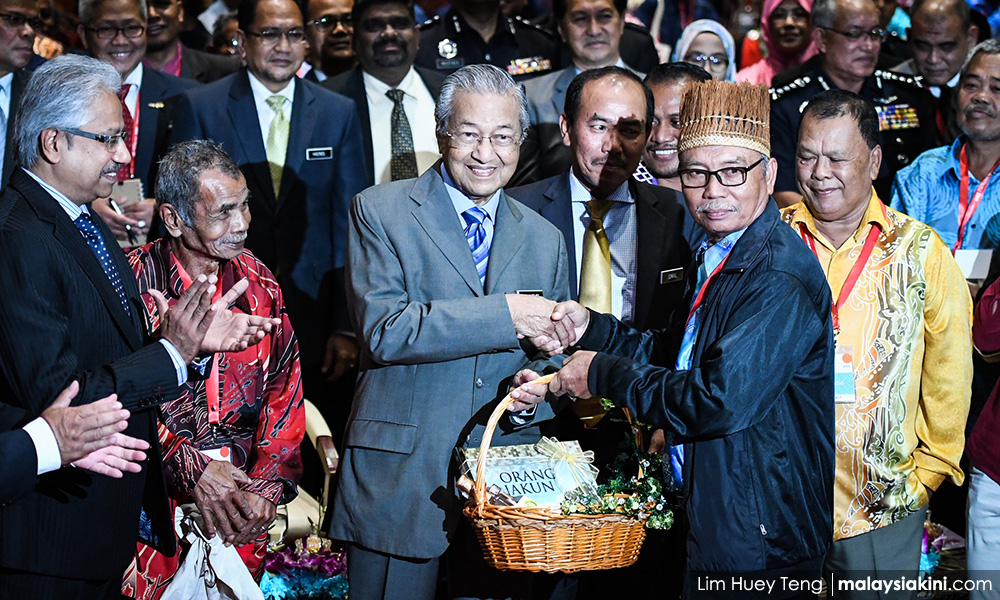
At the conference in April, Prime Minister Dr Mahathir Mohamad said that based on the latest statistics, the government had provided village roads to 84 percent of the 853 registered Orang Asli settlements throughout Peninsular Malaysia.
Mahathir also declared that 80 percent had electricity supply, 79 percent had water supply and 82 percent had housing provided under housing projects for the hardcore poor.
However, the Kampung Kuala Koh tragedy revealed a different picture. The community there lacked medical access, clean water and access to a livelihood due to environmental destruction.
Juli said that in the past, the government had yet to give priority to the development of Orang Asli communities, and he applied this until midway through the 11th Malaysia Plan (from 2016-2020), which is when the Pakatan Harapan administration took power.
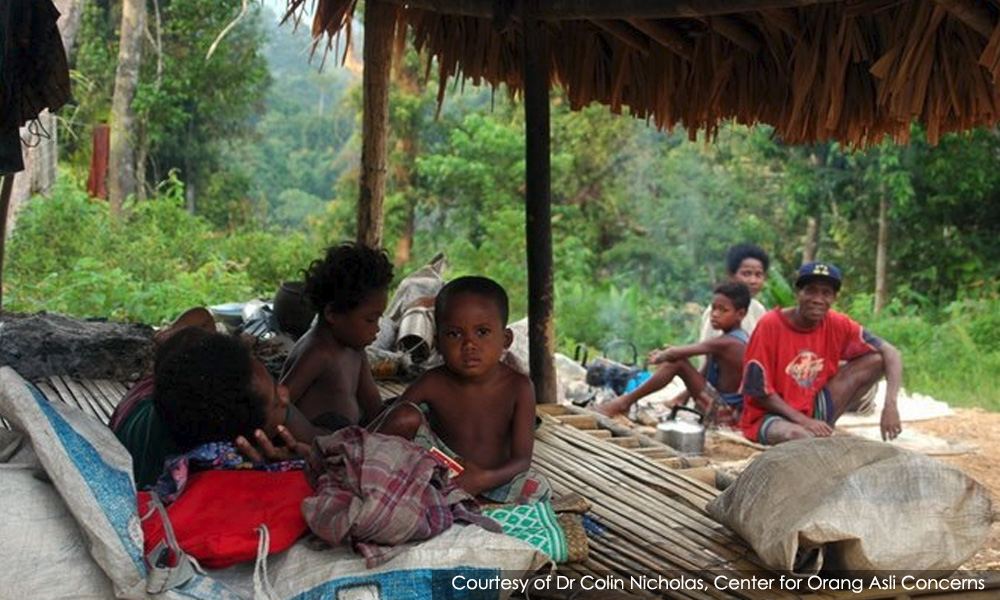
Juli said: “The government can and must take more drastic, constructive and proactive steps in the development of the Orang Asli community.
“The Orang Asli community is still mired in poverty, with nearly 99 percent of them belonging to the B40 income group and most of them in the hardcore poor category.
“What happened in Kuala Koh is a lesson to all. However, I am satisfied with the immediate action taken by the Health Ministry and other government agencies to combat the disease, rather than let it spread to other areas.
“In my opinion, in order to prevent this tragedy from recurring, the first step is that the government must strive to alleviate the poverty of the Orang Asli community from poverty. With adequate income, the Orang Asli community can live in a better environment and indirectly they are less exposed to epidemics that can threaten their lives.
“The second thing to take care of is to ensure that the Orang Asli community is in a clean and healthy environment, with good air quality, clean water supply and health awareness.”
Straight talking is needed
Juli, 59, is the first Orang Asli to obtain a doctorate and taught at the Anthropology and Sociology Department of Universiti Malaya.
A Semai, he began his schooling in Sekolah Changkat Kereta in Ulu Bernama in 1966. However, after his mother and younger sibling died during childbirth, he moved to Kampar, Perak, with his maternal grandfather. He pursued his higher education at Universiti Kebangsaan Malaysia (UKM), before obtaining his PhD from Australia National University in Canberra.
Since his surprise appointment two months ago, Juli has been an enigmatic presence, making a number of bold statements, yet for the most part, staying out of the limelight.
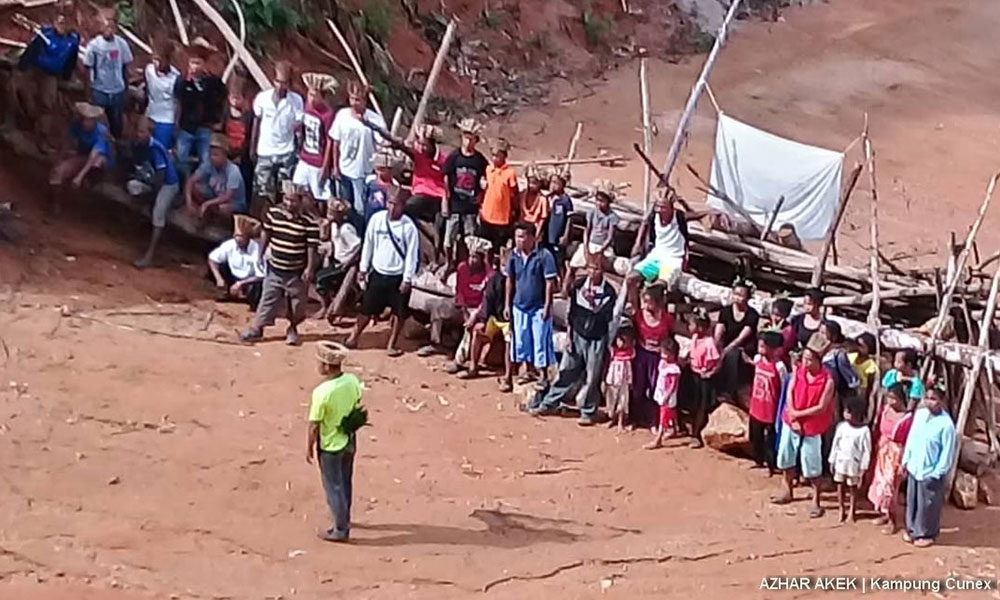
He chastised the Perak government over the blockade erected by the Kampung Tasik Cunex Orang Asli community, saying it was meant to defend their ancestral land, which has been passed down for millennia.
"The community (erected the barricade) because of their pride and ethnohistory, which links them as direct descendants of the Perak Man (who lived) who lived 13,000 years ago.
"This action was not to oppose development planned by the state government, but was an effort to protect their rights and heritage,” Juli said after Perak Menteri Besar Ahmad Faizal Azumu defended the demolition, saying the logging activities were done on state land and that the loggers had fulfilled the requirements to carry out their activities.
At the Jakoa AGM on June 22, Juli slammed plans voiced by Kelantan Islamic Religious and Malay Customs Council (Maik) deputy chairperson Nik Mohd Azlan Abd Hadi to convert the indigenous people in Kelantan to Islam, saying it was "not right to take advantage of Orang Asli communities and trick them into religious conversions".
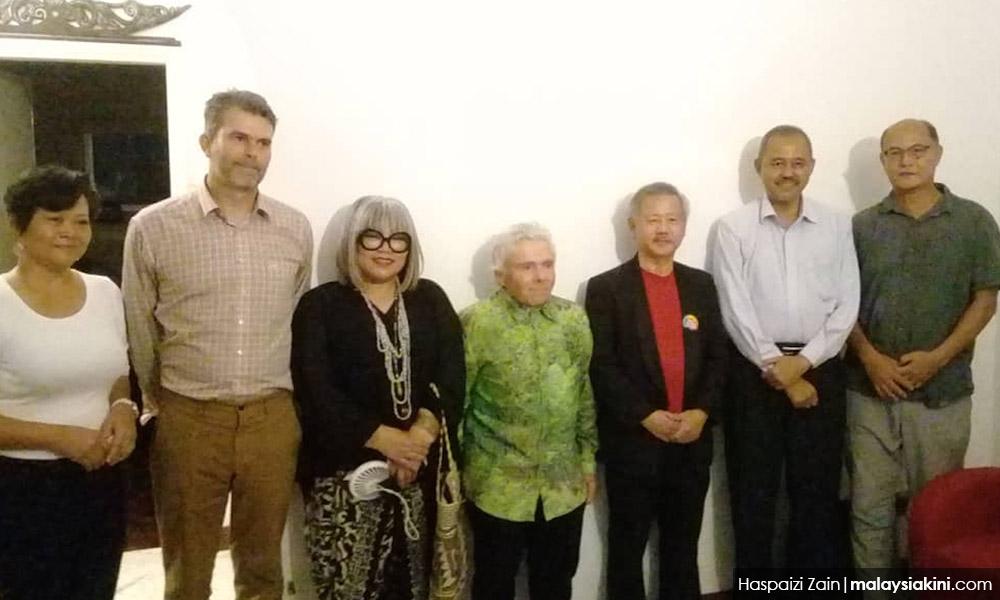
Most recently, on June 29, he told a forum that when he visited the stricken Bateq village of Kampung Kuala Koh in Gua Musang, Kelantan, "there was clearly a divide, a 'them and us' situation, and the relationship between the government service providers and the villagers was not warm".
He went on to admit that "the majority" of Jakoa staff were "not passionate" about their work, and were there just to "makan gaji" (earn a salary). He also lamented the "ethnocentric attitude" of the staff.
He even said that the new government had given space for him to "cakap celupar" (talk frankly, even if it causes offence).
Education still a key factor
However, Juli declined to answer a question on why he was selected to replace his predecessor Ajis Sitin, who had served just a year at the helm of Jakoa.
A father of four, he credits persistence with his education, despite experiencing bullying, as a key factor in his success story. “I always make sure my children have the best education, so that they can decide for themselves their direction of life in the future.”
As an anthropologist, his life, work and leisure have been intertwined for most of his life.
“Before I was appointed Jakoa DG, it became my custom to visit different Orang Asli settlements and interact with the communities there. I currently make it a point to stay in touch with the Orang Asli community even when not working.”
While the Semai and other larger Orang Asli groups like the Temiar and Temuan have a significant presence, as many as 13 smaller Orang Asli groups number just a few hundreds or a few thousand. Juli acknowledges that the extinction of the smaller groups is a very real threat.
“To ensure that the Orang Asli survive and are not destroyed by the modern world, it is the government's responsibility, through Jakoa, to preserve the culture and language of the 18 tribal peoples of the Orang Asli in the country,” he said.
“These two elements have always been a priority of Jakoa through programmes organised under its Planning and Research Division and in collaboration with universities and NGOs.” - Mkini



No comments:
Post a Comment
Note: Only a member of this blog may post a comment.